Almaty, Kazakhstan – Head of Cooperation of the European Union (EU) Delegation to Kazakhstan Mr Johannes Stenbaek Madsen, representatives of the Kazakh-German University and young entrepreneurs participating in the “Eco-Talk” International Green Business School (School) gathered for the final round of the grant competition and the Award Ceremony.
The School was established at the Kazakh-German University in 2018. This year it was organised with the financial and technical support of the EU project “European Union – Central Asia: Water, Environment and Climate Change Cooperation” (WECOOP), Central Asian Youth for Water Network (CAY4W), International Secretariat for Water Canada (ISW), and the Swiss Agency for Development and Cooperation (SDC).
Every year, the School holds a 3-month intensive training and competition to boost entrepreneurial culture among the youth of Central Asia with a focus on green business and startup development. Environmentally-conscious young people are mentored by the regional and international experts on project management, marketing, budgeting, effective team and communication skills, while also learning from the EU experience in circular economy, sustainable consumption and production, water saving and sustainable energy. Participants then apply newly-obtained knowledge and insights to transforming their ideas into environmentally and economically sound projects and compete for the grants awarded by the GBS sponsors.
In 2021, 50 teams applied to participate in the School, of which 19 were accepted. They represent Kazakhstan, Kyrgyzstan, Tajikistan, Turkmenistan and Uzbekistan. Five teams whose project proposals were found the best as a result of the pre-selection training were invited to Almaty for the final round of competition.
Addressing the finalists, Mr Madsen stated: “The green growth is one of the key priorities for achieving Sustainable Development Goals. It is the only way to recover from the pandemic. It is pleasure to see young people embark on the “green” path to protect and restore the environment. The youth play a central role in shaping tomorrow’s world. That is why we support this kind of initiatives, for the young, progressive and innovative people like you to bring about change that is much needed for building resilient future for all of us and our planet.”
The jury, comprising of representatives of CAY4W, ISW and SDC, selected three winners as a result of the final round of the competition and awarded grants amounting to USD 6,200 in total:
I prize – Mr Anton Kostenko, Kazakhstan, renewable energy project “Gifts of Almaray”;
II prize – Ms Saikal Alymova, Mr Bakhtiyar Alymov, Ms Asel Erkinova, Mr Erzhan Turdubekova, Kyrgyzstan, circular economy project “Sota”:
III prize – Mr Salokhiddin Artikov, Uzbekistan, sustainable tourism project “Atlas”.
The winners will use these grants to build or further develop their green businesses.
Background: The EU-funded project “European Union – Central Asia Water, Environment and Climate Change Cooperation” (WECOOP) (third phase from October 2019 to October 2022) aims to enhance environment, climate change and water policies at national levels in Central Asia through approximation to EU standards and to promote investments in relevant sectors with the aim of contributing to measurable reductions in man-made pollution, including CO2 emission. The project activities include support to the EU–CA Platform for Environment and Water Cooperation and its Working Group on Environment and Climate Change, as well as implementation of the EU Green Deal’s international dimension in Central Asia to advance climate action.
For additional information, please contact Mrs Yelena Serebrennikova, Senior Communication Expert, WECOOP, e-mail: media@wecoop.eu,mobile/WhatsApp +77019814020, Ms Nurgul Smagulova, Event and Communication Officer, WECOOP, e-mail: nurgul.smagulova@wecoop.eu, mobile/WhatsApp: +77012066760, Elnura Abakanova, Communications Officer, EU Delegation to Kazakhstan, email: elnura.abakanova@eeas.europa.eu.
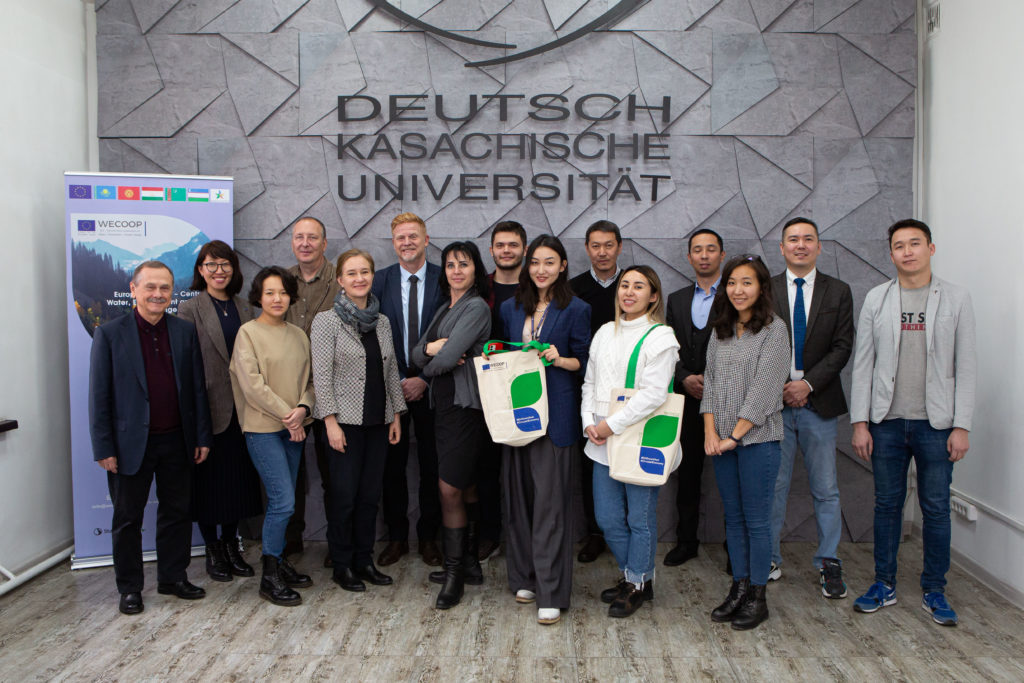
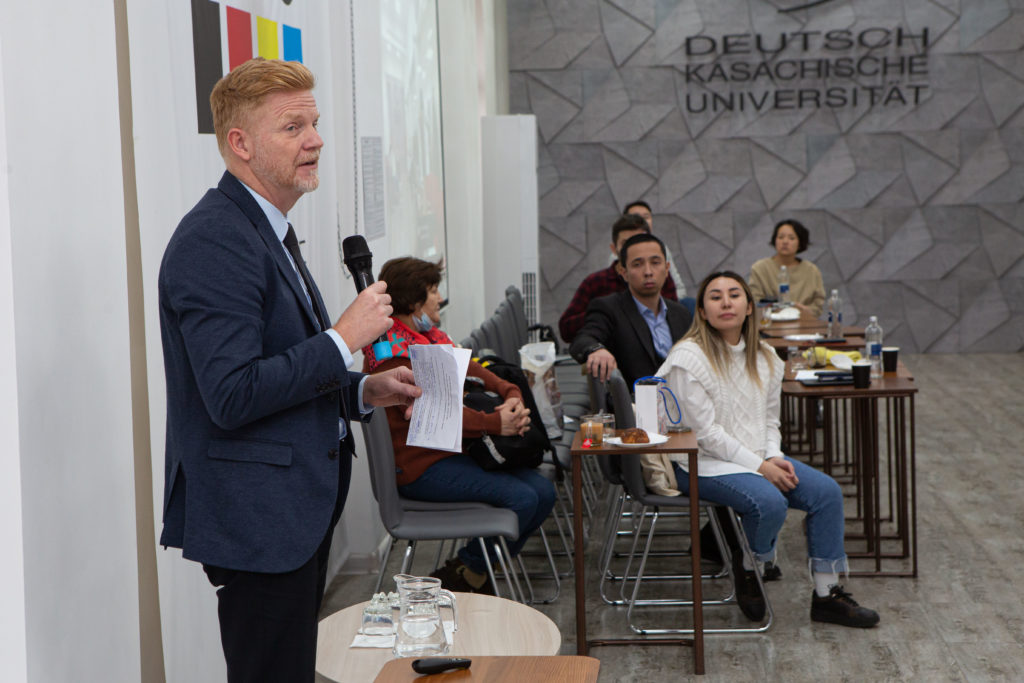
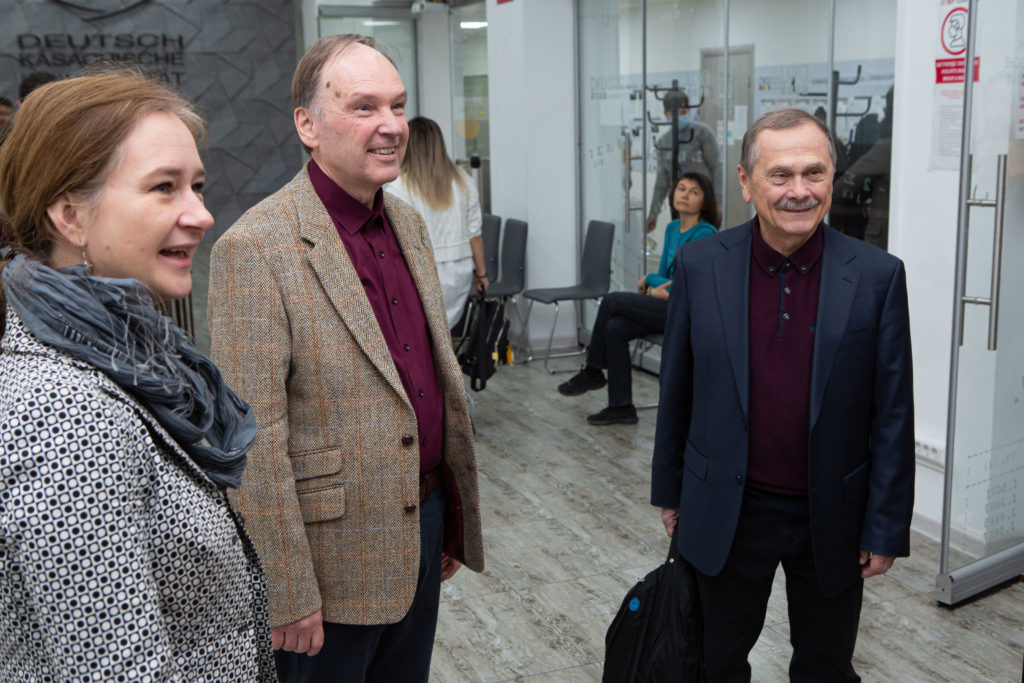
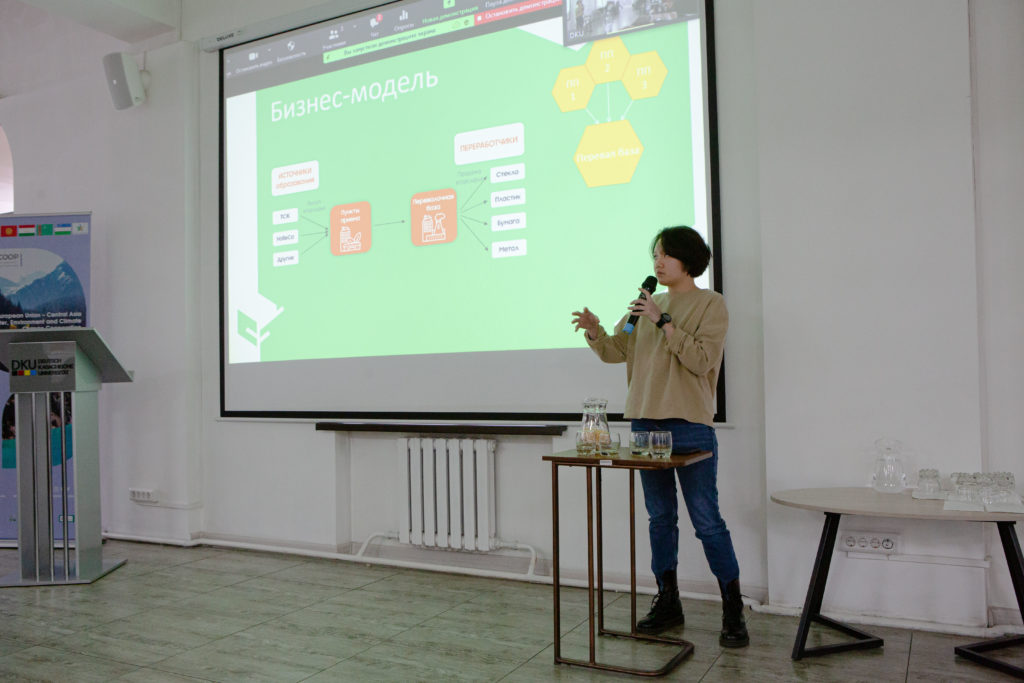
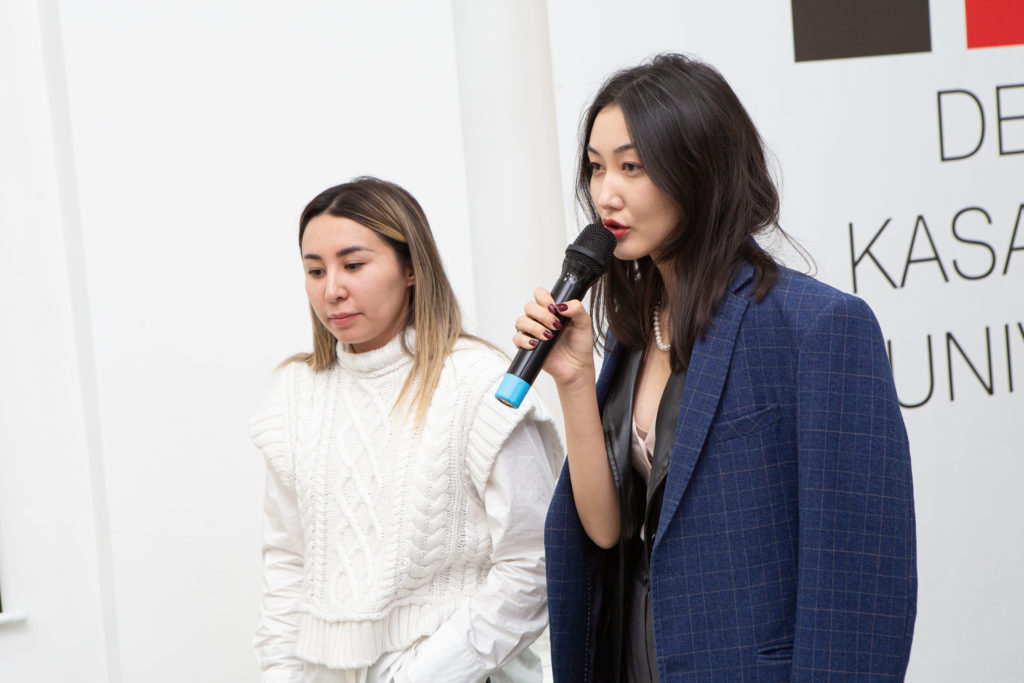
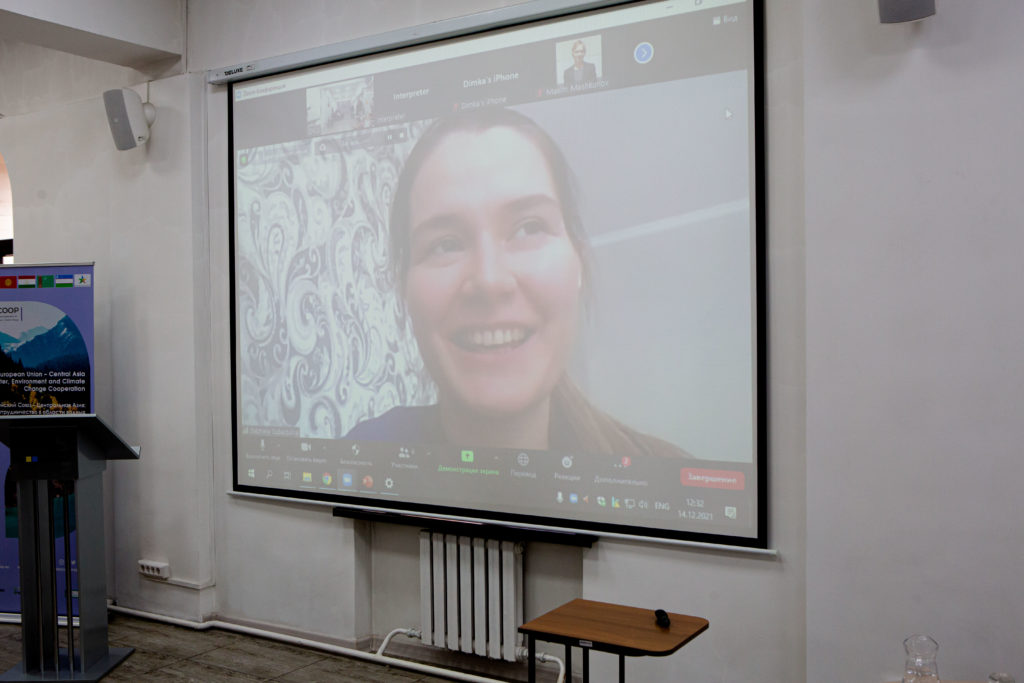
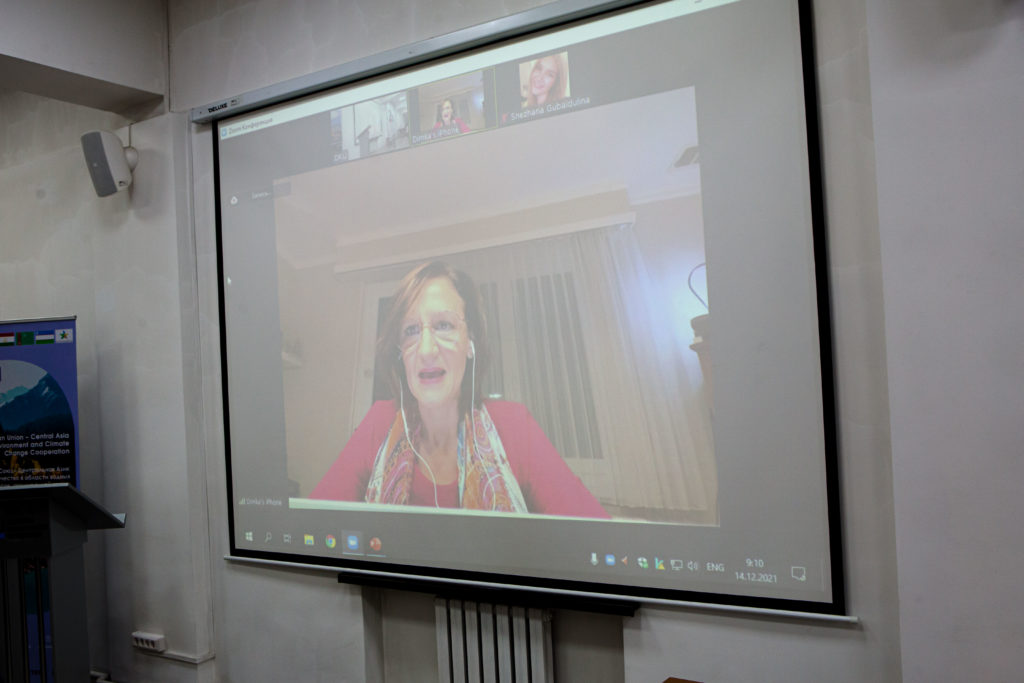
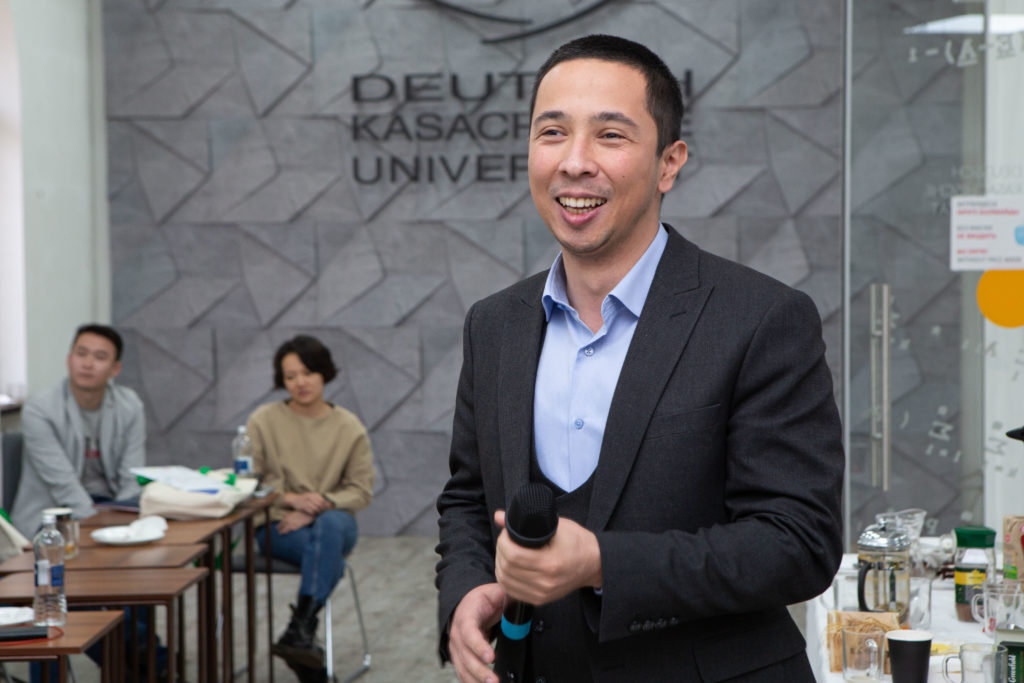
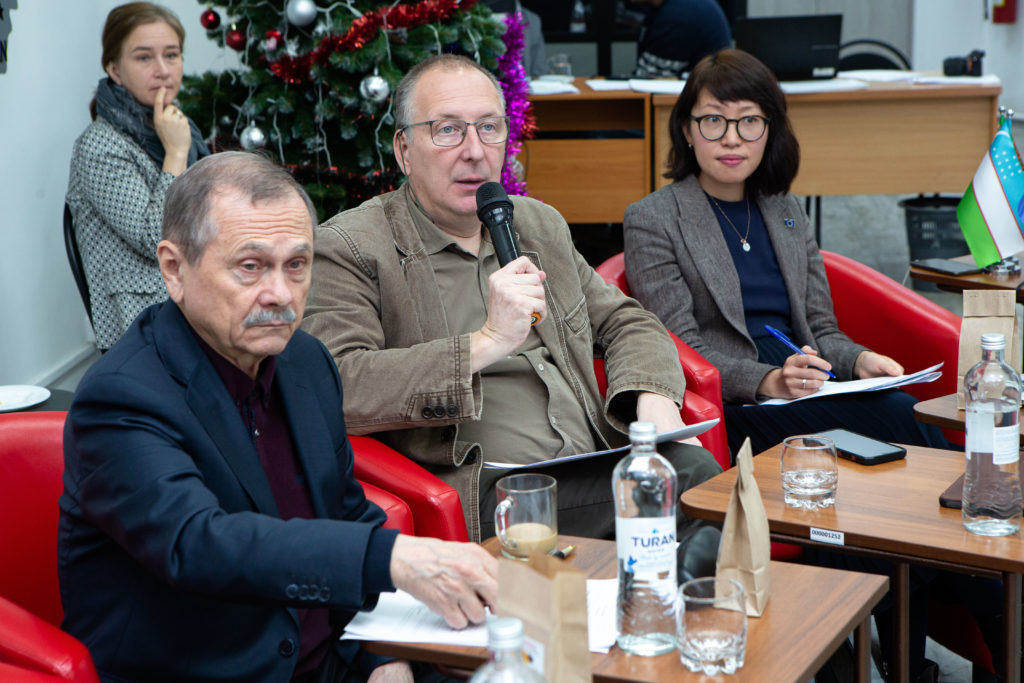
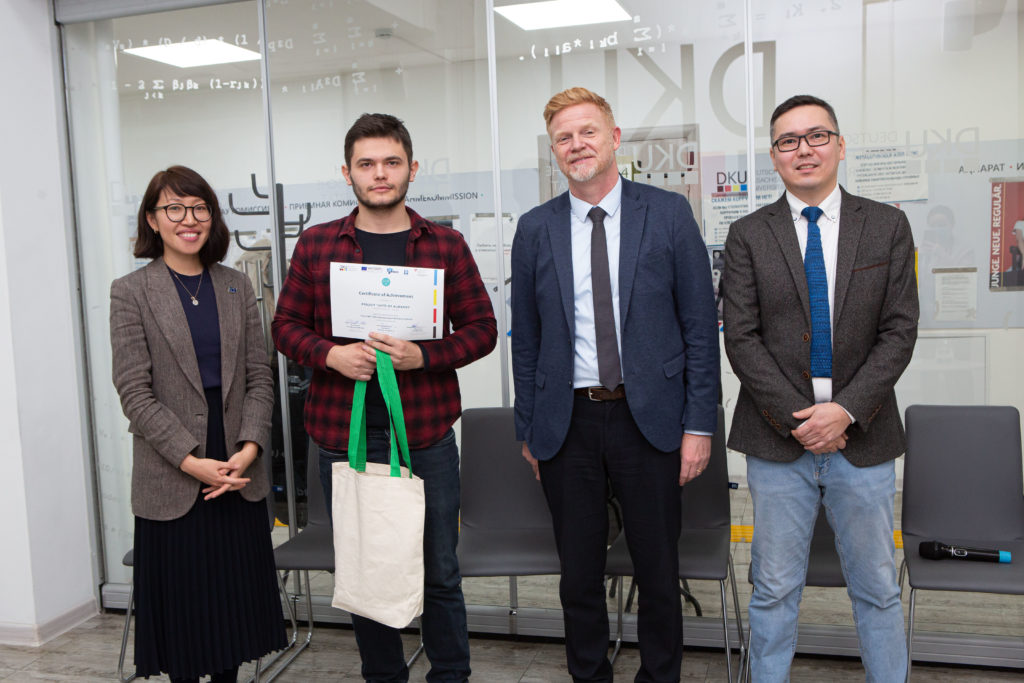
Cover photo by Farkhat Kabdkairov.